- The new power connection aims to stabilize the market and provide tangible benefits for the wider Middle East region
- The iconic project between the Gulf Cooperation Council Interconnection Authority and Iraq provides an initial capacity of 1000 megawatts
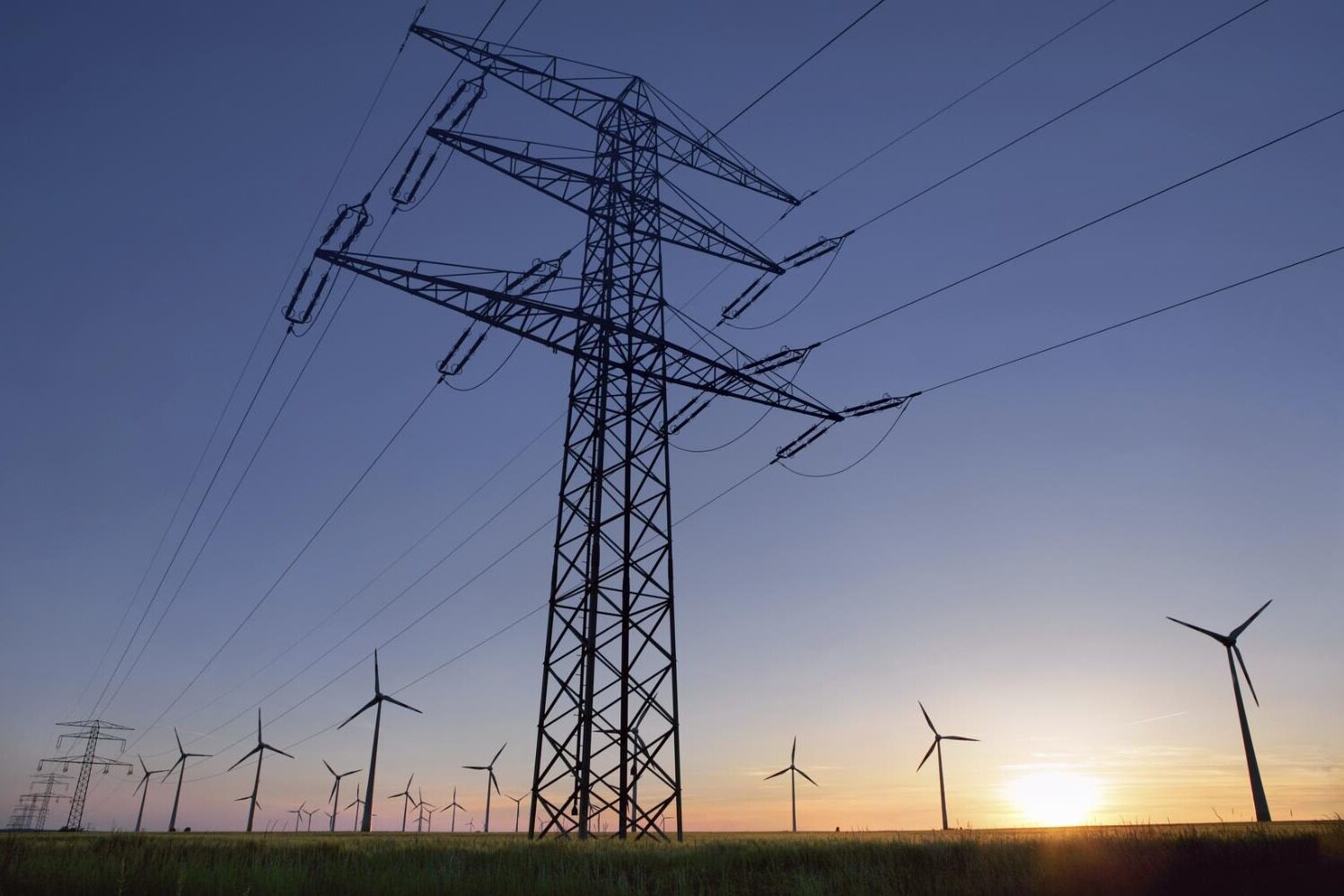
In order to strengthen energy security and usher in a new era of regional cooperation, Prince Shah bin Naif bin Abdulaziz, the Governor of the Eastern Province, has launched an electricity interconnection project between the Gulf Cooperation Council Interconnection Authority and Iraq.
Saudi Arabia's Minister of Energy, Prince Abdulaziz bin Salman, stated in an interview that this connection is about turning dreams into reality. This landmark agreement can achieve tangible economic benefits and strengthen energy security.
This announcement was made at a ceremony held in Dammam, witnessed by Prince Abdulaziz, Prince of Saudi Arabia, and Iraqi Electricity Minister Ziad Ali Fader, as well as some Gulf Arab Electricity Ministers, Gulf Ambassador to the Kingdom, and several officials from the Gulf and Iraq. The power grid interconnection project with Iraq needs to implement a double circuit transmission line to connect the city of Afar in northern Saudi Arabia with Yusufia in the west of Baghdad, with an initial capacity of 1000 MW, and enhance its ability to cope with the growing power demand of the Iraqi population in the coming years.
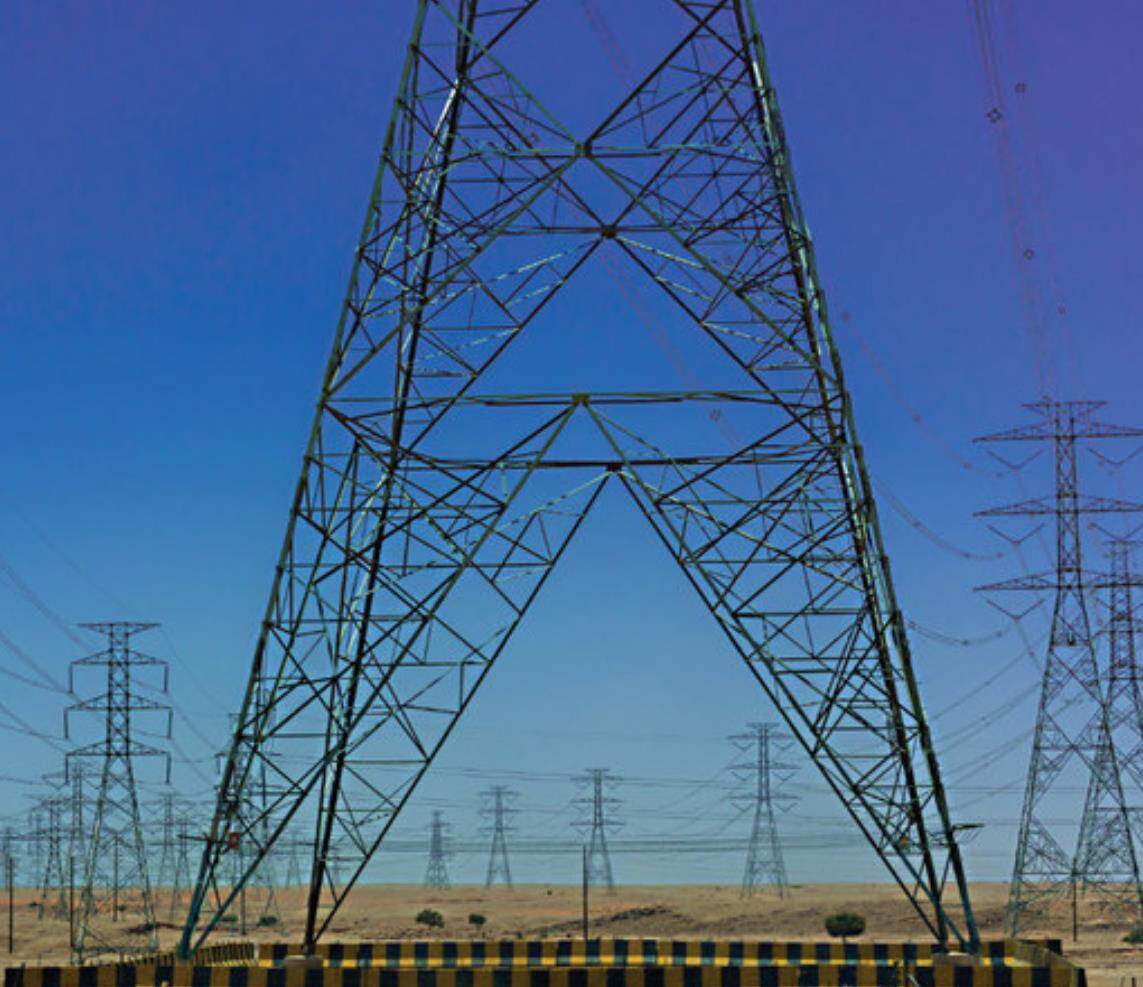
The launch of the Iraq Electrical Interconnection Project has brought rich prosperity and broad advantages to the entire region, "said the Prince of Saudi Arabia at the launch of the historical project. In addition, this project is a catalyst for the new era, opening up a broader perspective and expanding market opportunities.
The goal of GCCIA is to begin exporting electricity to southern Iraq by the end of 2024. The project aims to support the Iraqi power grid and strengthen energy security. This agreement is of great significance to Iraq as it marks a major turning point, "said Ali Jasim Mohammed Al Mitiwiti, an Iraqi politician and former parliamentary member.
The launch of the Iraq Electrical Interconnection Project has brought prosperity and broad advantages to the entire region. This agreement is not a state monopoly on Iraq, including the electricity sector that causes significant difficulties for Iraqi citizens, but rather contributes to the long-term improvement of the electricity network in southern Iraq. This project, Al Mitiwiti continued, "aims to support the growing power demand of Basra Governorate Province through cooperation with the Gulf Cooperation Council. In addition, it also lays the foundation for future power exchange and trade between the Cooperation Council countries and Iraq in the regional and Arab power markets.
The agreement for this project was signed by GCCIA and Iraq during the Jeddah Security and Development Summit in July 2022, while the Iraqi Ministry of Electricity and GCCIA signed a framework agreement for the project in 2019. The interconnection project marks the first project to be implemented outside the Gulf Cooperation Council State Grid System. It intends to meet some of the electricity demand in southern Iraq. The project requires the implementation of a 400 kV dual circuit transmission line connecting the Al Zour substation, passing through the 400 kV Al Wafrah unit and reaching the 322 kilometer long Al Faw substation.
According to the statement of GCCIA, the expected capacity imported through this initiative is estimated to be about 500 MW, which will meet the power demand of Basra Governorate Province. Al Mitiwiti stressed that the agreement will always ensure the sustainable supply of electricity and help to achieve one of the long-term Sustainable Development Goals of Iraq and the region.
Since its establishment in 2009, when the Kingdom accepted it, the project has continuously demonstrated its influence year after year, creating numerous economic advantages for Gulf Cooperation Council countries, "added the Prince of Saudi Arabia. It is worth noting that it greatly reduces the capital and operating expenses related to the Gulf Power Network. The Prince of Saudi Arabia emphasized that before the final determination of power interconnection, the project provided about half of the total energy reserves required by each country. In addition, it has established reliable, sustainable, and competitive transmission services, which have had a positive impact in supporting and simplifying all development efforts in the region.
This project allows for the creation of an enhanced Gulf Cooperation Council electricity market and cross-border electricity trading. Saudi Arabia, the United Arab Emirates, and other Gulf Cooperation Council countries are investing heavily in renewable energy. Crucially, the agreement emphasizes part of the regionalization and globalization of the Gulf Cooperation Council, as stated by former Lebanese Minister of Economy and Trade and founder of Nasser Sayid Joint Company Nasser Sayid. Integrated power grids, such as those between Saudi Arabia and Iraq, can improve power efficiency, improve the management of the power grid and network economy, and reduce costs for all relevant countries.
It allows for the creation of an enhanced Gulf Cooperation Council electricity market and cross-border electricity trading. Meanwhile, Saudi Arabia, the United Arab Emirates, and other Gulf Cooperation Council countries are investing heavily in renewable energy (mainly solar energy) for power generation. Ultimately, the Gulf Cooperation Council can not only export solar power and green energy to neighboring countries (Iraq, Jordan, Egypt, and Yemen), but also to India and the entire North Africa to Europe. The GCC India submarine power connector is already planned. New energy infrastructure maps are emerging.
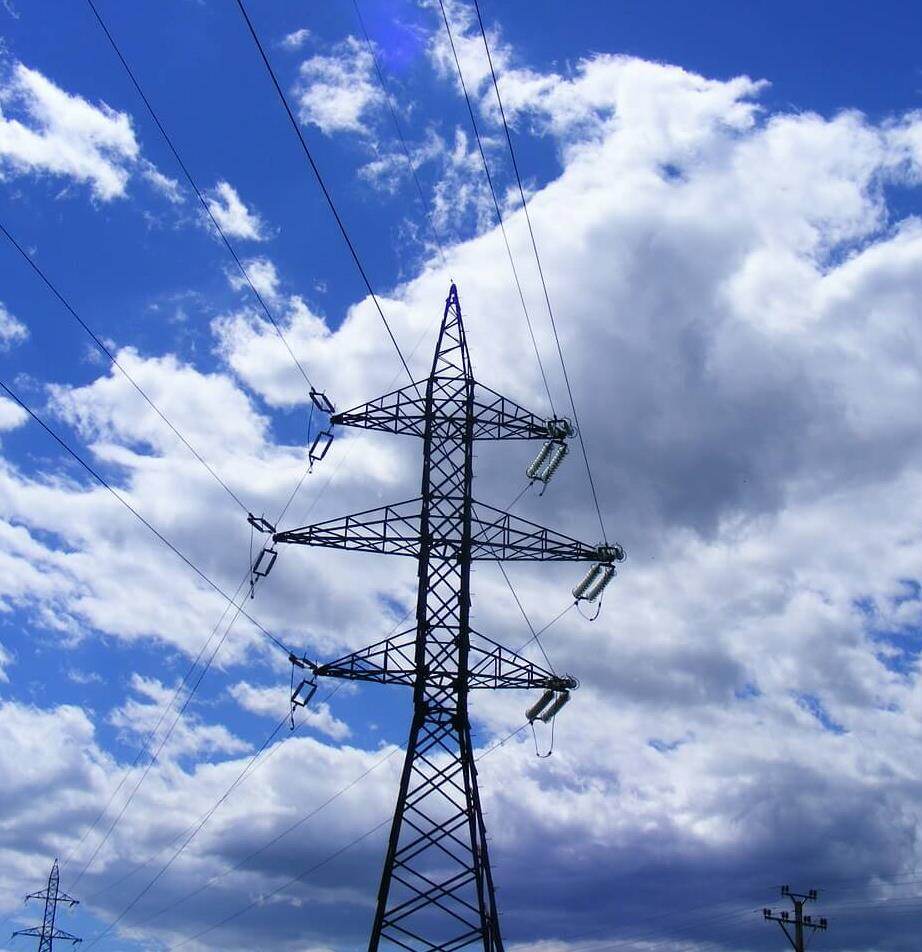
Saidi said that, as stated by the Prince of Saudi Arabia and Mitiviti, there are broader possibilities and visions for this agreement, which could potentially bring greater energy security and economic benefits to the region.
The integration of infrastructure - water, electricity, transportation, and logistics (ports and airports) - is a major component of greater economic integration between the Gulf Cooperation Council and its regional partners, which can deepen regional trade and investment connections, explained Saidi. Infrastructure integration has promoted economic development. It has created job opportunities in countries that traditionally rely on exporting labor, such as Iraq, Jordan, Egypt, Lebanon, and Syria, to help them cope with the current talent loss.
In addition, as emphasized by Saidi, greater integration between these countries and the Gulf Cooperation Council enables partners to participate in the region's global value chain, generate higher value exports (rather than low value commodities such as phosphates), and diversify their economies. All this happened at a time when the World energy resources market was undergoing tremendous changes. The Gulf Cooperation Council countries are currently implementing active international trade and investment strategies, leading to 'regionalized globalization', while other parts of the global economy are splitting, with the United States, the European Union, and allies attempting to decouple from China, he added. Strategically speaking, regionalized globalization can bring greater geopolitical stability.Editor/XingWentao
Comment
 Praise
Praise
 Collect
Collect
 Comment
Comment
 Search
Search


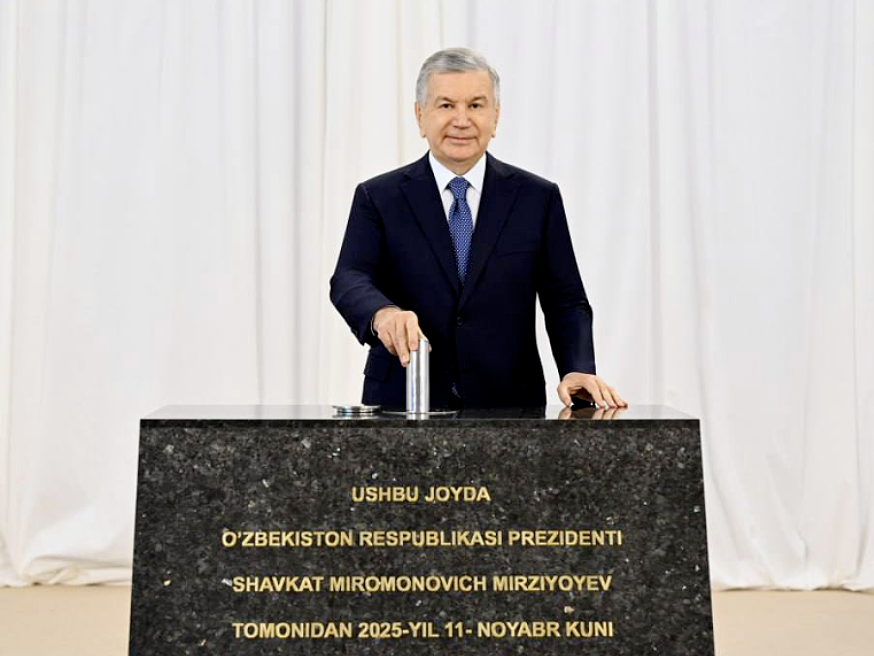

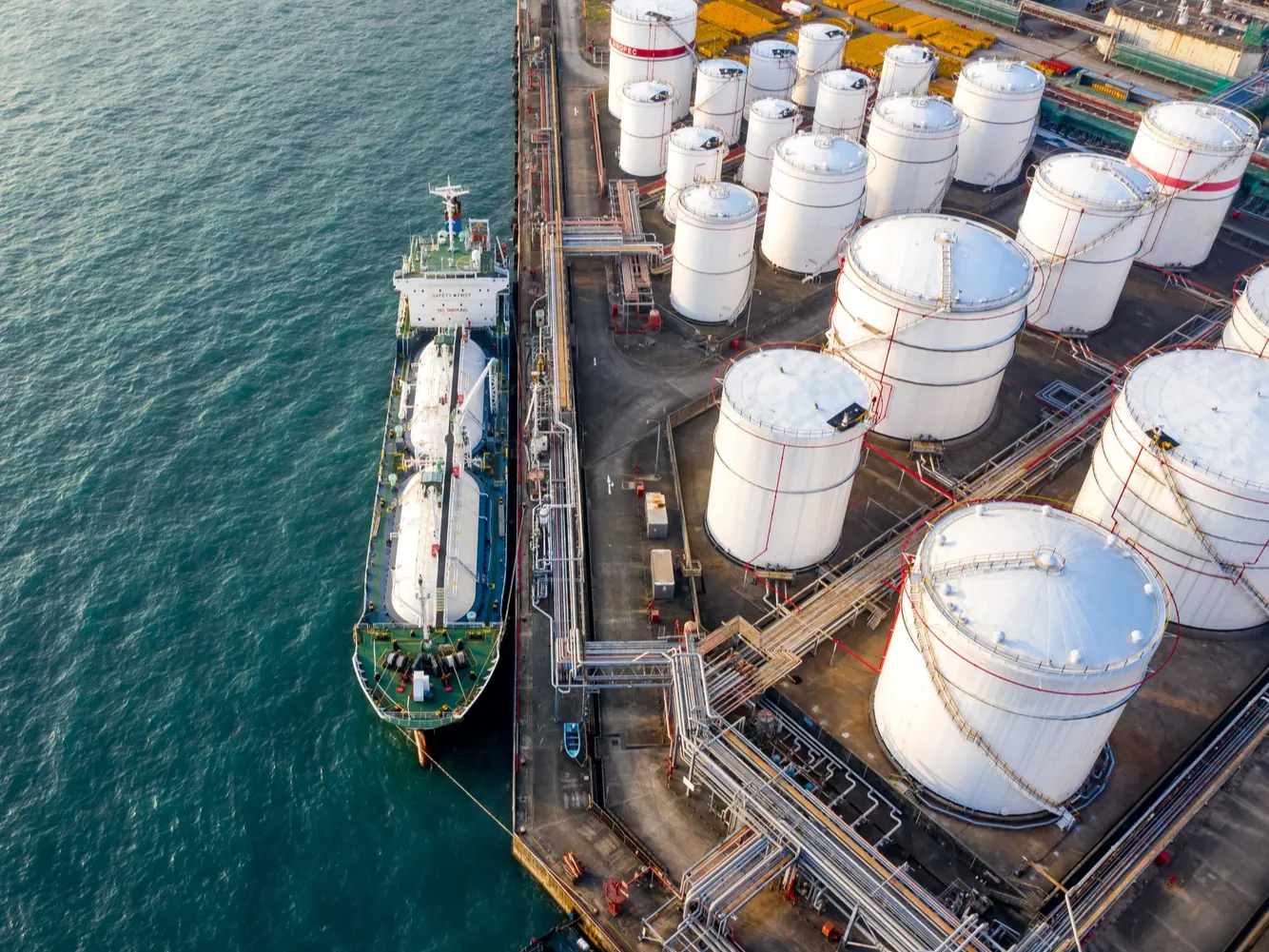
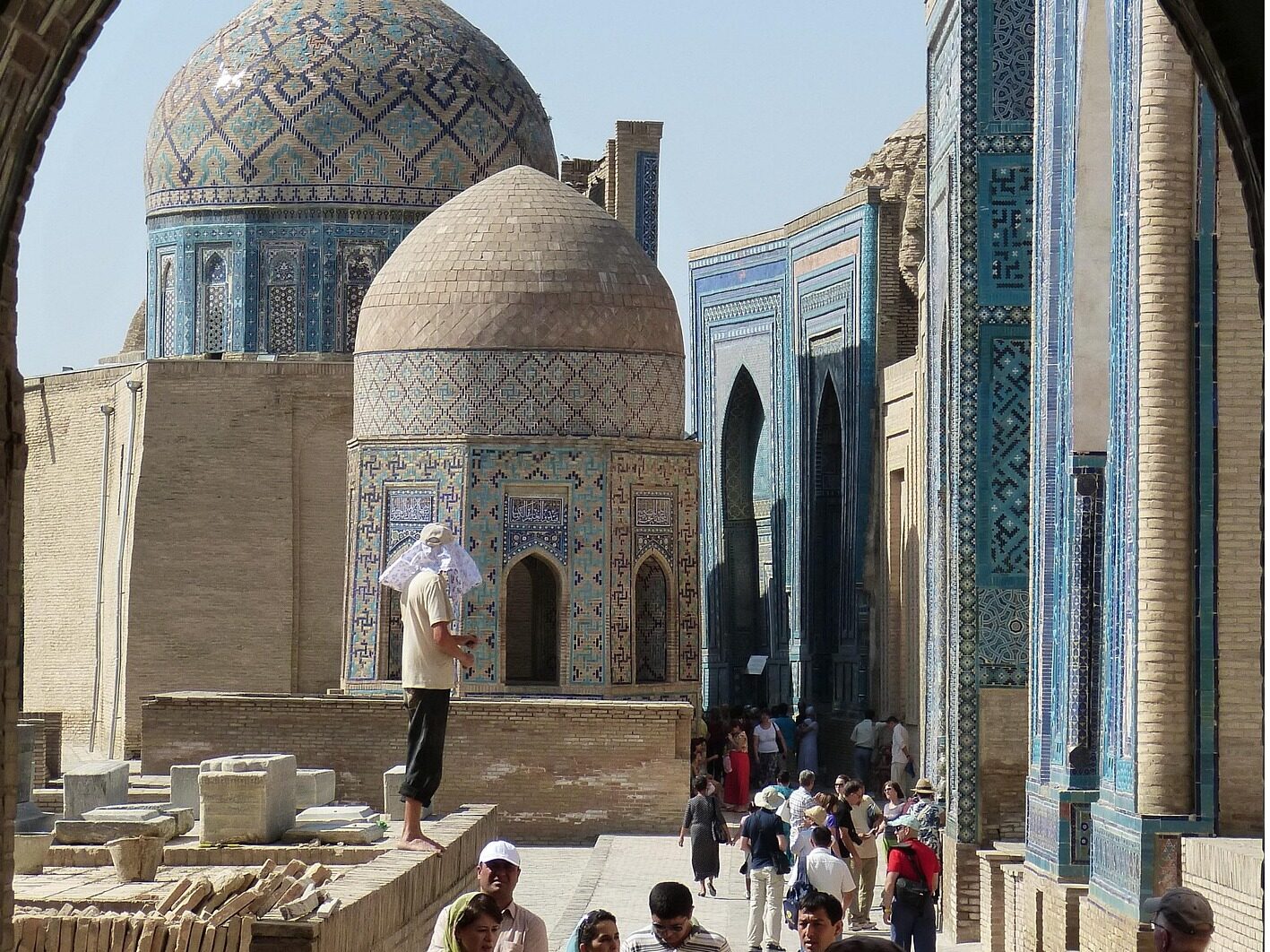








Write something~